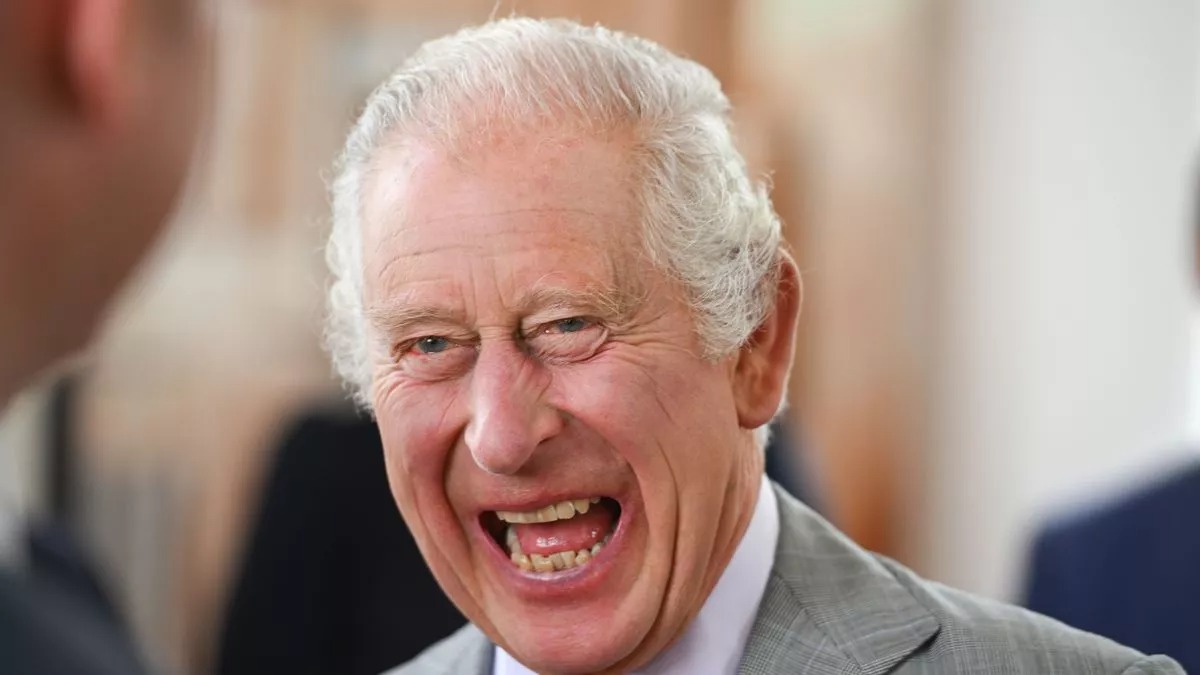In a heated session of Prime Minister’s Questions today, Labour Leader Sir Keir Starmer resisted calls from Independent MP Ayoub Khan to label the war in Gaza as “genocide”, after Israel killed over 42,000 people, mainly women and children…
Khan, representing Birmingham Perry Barr constituency, invoked the United Nations’ definition of genocide, emphasizing that “genocide is not about numbers; it’s about intent.” He challenged Starmer to clarify his stance on the term, following a controversial remark from Foreign Secretary David Lammy dismissing the application of “genocide” to describe the Gaza conflict.
Starmer responded cautiously, stating, “I’m well aware of the definition of genocide, and that is why I have never referred to this situation as genocide.” Khan continued to press the issue, referencing Article II of the UN Genocide Convention, which outlines specific actions, such as deliberate killing and forced displacement, as indicators of genocide when aimed at destroying a group “in whole or in part.”
Israel showed “chilling” and “incontrovertible” intent to commit genocide in Gaza, with full knowledge of how many civilians it is killing, the UN international court of justice in The Hague heard, at the opening in January of a case Israel has described as baseless.
South Africa, which has brought the case, alleged “grave violence and genocidal acts” by Israel. It said evidence of genocide was present in the number of civilians killed by Israel and also in statements made by its political and military leaders, including the prime minister, Benjamin Netanyahu. In support of its case, it showed photos of Palestinian mass graves, Israeli flags adorning wreckage in Gaza and what it claimed were videos of Netanyahu expressing support for genocide, as well as troops – taking his cue, it alleged – chanting “no uninvolved citizens”.
“Genocides are never declared in advance but this court has the benefit of the past 13 weeks of evidence that shows incontrovertibly, a pattern of conduct and related intention that justifies a plausible claim of genocidal acts,” the South African lawyer Adila Hassim told the court.
Her colleague Tembeka Ngcukaitobi said there had been “reiteration and repetition of genocidal speech throughout every sphere of state in Israel” such that “the evidence of genocidal intent is not only chilling, it is also overwhelming and incontrovertible”.
David Lammy’s double standards
Foreign Secretary David Lammy, too, has drawn significant backlash following his October 28 statement, agreeing with Conservative MP Nick Timothy that using the term “genocide” in relation to Gaza “undermines the seriousness” of historical genocides. Lammy’s remarks, interpreted by some as a softening of the UK’s stance, have sparked calls for clarification and retraction.
The debate in Parliament follows a more recent legal maneuver by South Africa, which submitted a 750-page document with an additional 4,000-page annex to the International Court of Justice (ICJ), accusing Israel of further violations of the genocide convention. South Africa’s submission reportedly documents acts it claims are intended to depopulate Gaza, including starvation tactics, military assaults, and blockades that prevent access to humanitarian aid.
The Foreign Secretary’s comments have drawn sharp criticism from Labour and opposition MPs alike, with some suggesting his words reflect a selective application of the genocide label. Chris Law, an SNP MP, noted Lammy’s previous references to “genocide” concerning other global atrocities, including the persecution of Rohingya Muslims and the Yazidi genocide in Iraq. Law argued that Lammy’s resistance to using the term for Gaza reflected “hypocrisy” and an inconsistent standard.
Political analyst Peter Oborne also criticized Lammy in Middle East Eye, calling his statements “scandalous” and urging the Foreign Secretary to retract his comments. Oborne underscored the urgency of Lammy reaffirming his commitment to the authority of international law, including any forthcoming ICJ decisions on the situation in Gaza.
Position of Power
As Britain currently holds the presidency of the United Nations Security Council, MPs are calling on the government to address the escalating humanitarian crisis. “The British foreign secretary must clarify his position on genocide, especially as the UN and ICJ grapple with accusations of grave human rights abuses in Gaza,” argued Oborne.
Lammy’s handling of recent international incidents has raised questions within the Foreign Office. Critics have pointed to previous remarks, including his description of Azerbaijan’s actions in Nagorno-Karabakh as “liberation,” which some felt mischaracterized the displacement of Armenian civilians. Observers warn that Lammy’s statements could jeopardize Britain’s reputation in upholding international justice standards.
Parliamentary sources indicate that Lammy may be called upon to address MPs and clarify whether his comments reflect official government policy or a personal interpretation. The ministerial code, which requires ministers to correct misleading statements at the earliest opportunity, may compel him to revisit his remarks.
With the ICJ yet to issue its ruling on the South African submission, the controversy has underscored deep divisions within the UK government regarding the Gaza crisis and Britain’s role in addressing alleged human rights abuses. For now, the debate over genocide and Gaza remains unresolved, with pressure mounting on the UK to reaffirm its stance on upholding international law and accountability in times of conflict.




